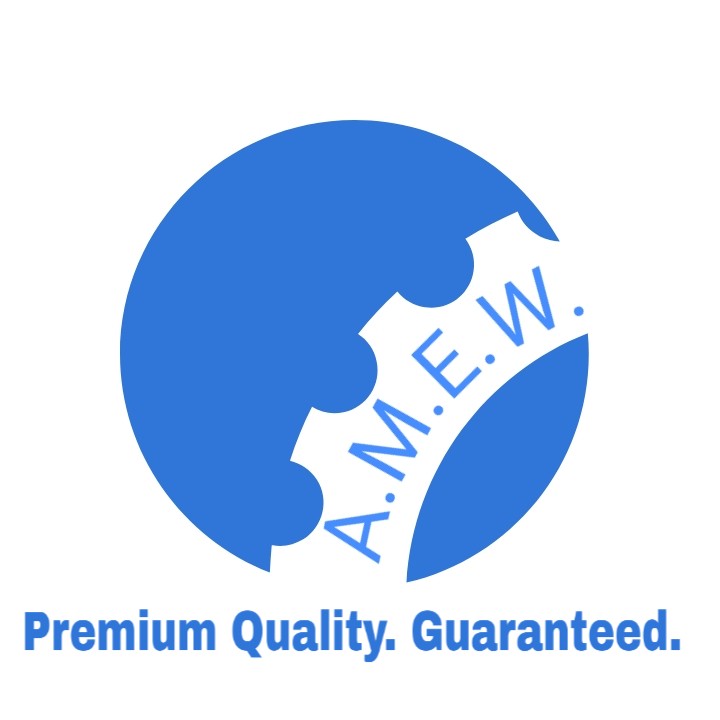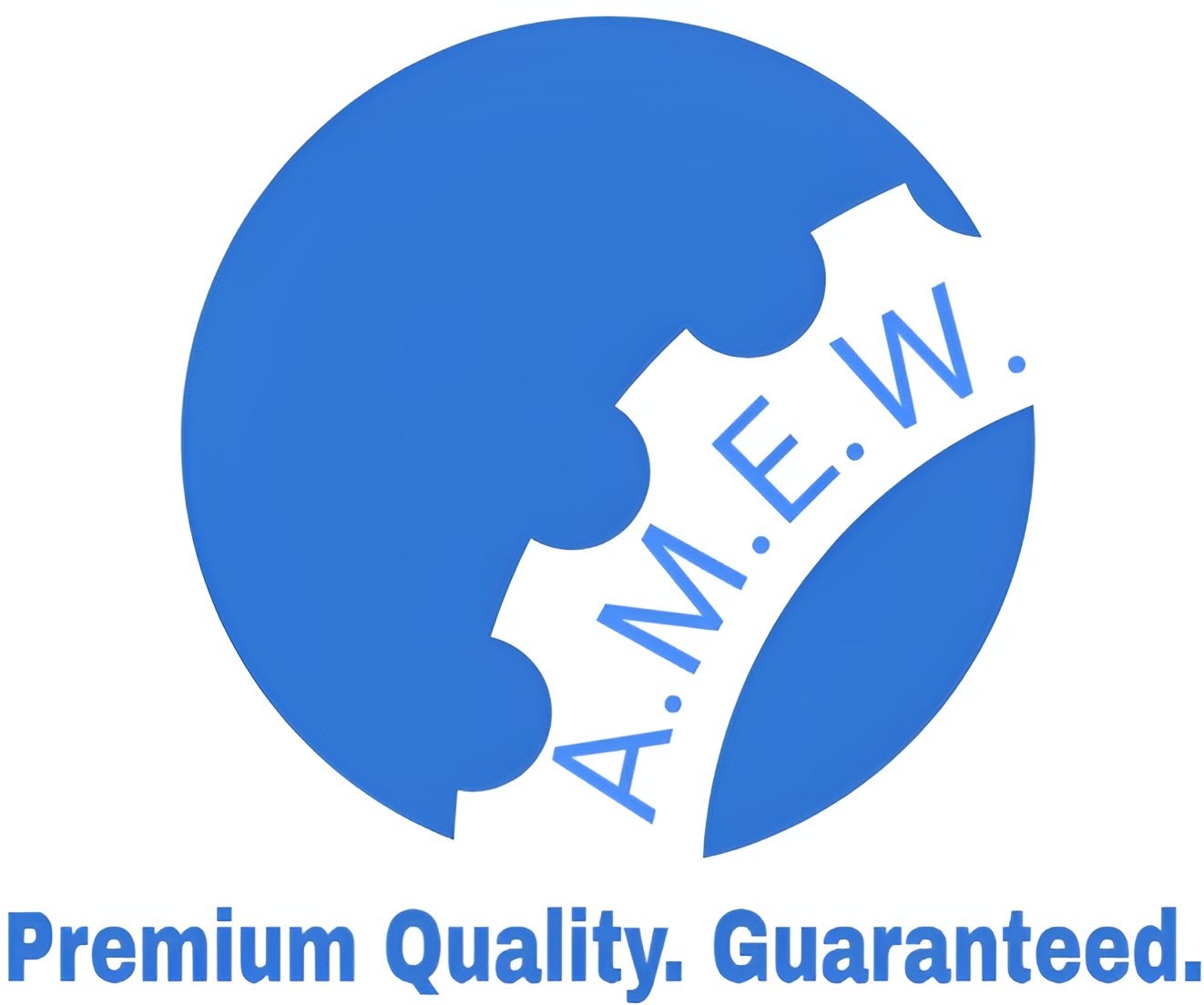Description
Somers: Precision Forgings for General Engineering
At Somers, we specialize in providing high-quality forgings tailored for general engineering applications. With over a century of experience and a commitment to excellence, we manufacture a diverse range of components designed to meet the varying demands of the engineering sector. Our forged products enhance the performance, reliability, and safety of machinery used across various industries, including construction, automotive, aerospace, and more.
Table of Contents
- Applications of Forgings in General Engineering
- Key Forged Components for Engineering Applications
- Grades of Materials Used in General Engineering Forgings
- Benefits of Forged Components in General Engineering
- Certifications and Standards for General Engineering Forgings
- Why Choose Somers for General Engineering Forgings?
- Our General Engineering Forging Manufacturing Capabilities
1. Applications of Forgings in General Engineering
Forged components are integral to a wide array of applications within the general engineering sector. Their robustness and reliability make them suitable for various environments and operational demands. Key applications include:
- Construction Machinery: Components for cranes, excavators, and loaders.
- Automotive Industry: Parts such as axles, gears, and suspension components.
- Aerospace Applications: Forgings used in aircraft frames, engines, and landing gear.
- Marine Engineering: Components for ships and offshore structures.
- Industrial Equipment: Parts for compressors, pumps, and conveyors.
These applications illustrate the importance of high-quality forgings in ensuring the efficiency and safety of engineering operations.
2. Key Forged Components for Engineering Applications
Somers produces a wide range of forged components essential for general engineering, ensuring that each part meets the specific requirements of various applications.
2.1 Gears and Gear Assemblies
Forged gears provide superior strength and durability, crucial for power transmission in machinery. They are designed to withstand high stress and impact, ensuring reliable operation.
2.2 Axles and Shafts
Forged axles and shafts are critical in automotive and industrial machinery. Their strength and resistance to bending make them ideal for heavy loads and high-performance applications.
2.3 Structural Components
Forged structural components, such as frames and brackets, provide the necessary support and stability for various engineering applications, ensuring long-lasting performance.
2.4 Valves and Fittings
Forged valves and fittings are essential for fluid and gas control in piping systems. Their durability and leak resistance are crucial for safe operation in various industries.
2.5 Connecting Rods
Connecting rods are vital in internal combustion engines, connecting the piston to the crankshaft. Forged components provide the strength needed to withstand high stresses and temperatures.
2.6 Bolts and Fasteners
Forged bolts and fasteners are essential for securing components in machinery and structures. Their strength and reliability ensure the safety and integrity of assembled parts.
2.7 Custom Forged Parts
Somers also specializes in custom forgings designed to meet specific application needs. Our engineering team collaborates with clients to develop tailored solutions for unique challenges.
3. Grades of Materials Used in General Engineering Forgings
Selecting the right materials for general engineering forgings is essential for ensuring that components can withstand various operational demands. Somers utilizes a variety of high-performance materials suited for these applications.
| Material | Grade | Application |
|---|---|---|
| Carbon Steel | AISI 1045, AISI 1060 | Axles, gears, and structural components |
| Alloy Steel | 4140, 4340 | High-stress components like connecting rods and shafts |
| Stainless Steel | 304, 316 | Corrosion-resistant applications in valves and fittings |
| Tool Steel | A2, D2 | Forged tools and dies used in manufacturing processes |
| Low Alloy Steel | 8620, 5160 | Components for heavy-duty applications |
| High Strength Low Alloy Steel | S355, S690 | Structural components requiring high strength and toughness |
| Nickel Alloys | Inconel 625 | High-temperature applications in aerospace and industrial sectors |
These materials are selected based on their mechanical properties, wear resistance, and ability to withstand harsh conditions, ensuring reliable performance in general engineering applications.
4. Benefits of Forged Components in General Engineering
Forged components offer numerous advantages that make them ideal for the diverse requirements of general engineering.
4.1 Superior Strength and Durability
The forging process produces components with enhanced strength and durability compared to cast or machined parts. This is essential for applications where components are subjected to heavy loads and dynamic stresses.
4.2 Enhanced Wear Resistance
Forged components exhibit improved wear resistance, critical for applications that involve constant friction and high-stress conditions.
4.3 Improved Fatigue Resistance
The forging process results in a refined grain structure, enhancing the fatigue resistance of components that undergo cyclic loading, prolonging their service life.
4.4 Custom Design Capabilities
The forging process allows for custom designs tailored to specific application requirements. Somers collaborates with clients to develop components that meet their unique operational needs.
4.5 Cost-Effective Solutions
The durability and performance of forged components reduce the need for frequent replacements or repairs, leading to lower long-term operational costs for engineering projects.
5. Certifications and Standards for General Engineering Forgings
At Somers, we adhere to stringent quality and safety standards in the manufacturing of general engineering forgings. Our products meet the requirements set by various industry certifications and regulations:
- ISO 9001: Quality management system certification for maintaining consistent product quality.
- ISO 14001: Environmental management certification to promote sustainable manufacturing practices.
- ASTM Standards: Compliance with standards for material properties, testing, and manufacturing processes.
- CE Marking: Certification indicating compliance with European health, safety, and environmental protection standards.
These certifications confirm our commitment to producing safe, reliable, and high-quality forgings for general engineering applications.
6. Why Choose Somers for General Engineering Forgings?
6.1 Extensive Industry Experience
With decades of experience in the forging industry, Somers has established a reputation for delivering high-quality components that meet the evolving needs of general engineering.
6.2 Advanced Manufacturing Techniques
We utilize state-of-the-art forging technology and processes to produce components that meet the highest performance standards, ensuring reliability and durability in engineering applications.
6.3 Custom Engineering Solutions
Our engineering team works closely with clients to develop custom forgings that meet specific application requirements, ensuring each component is optimized for its intended use.
6.4 Commitment to Quality
We adhere to rigorous quality control measures throughout the manufacturing process, ensuring that every forged component meets the highest standards for safety and performance.
6.5 Sustainability Practices
Somers is committed to environmentally sustainable manufacturing practices, minimizing waste and ensuring that our operations have a minimal impact on the environment.
7. Our General Engineering Forging Manufacturing Capabilities
At Somers, we are equipped with advanced manufacturing capabilities that allow us to produce a wide range of general engineering forgings. Our facilities are designed to handle everything from small batches to large production runs, providing flexibility to meet the needs of our clients. We offer:
- Precision Forging: Utilizing advanced techniques to achieve tight tolerances and complex geometries.
- Heat Treatment: Processes to enhance the mechanical properties of forged components.
- Surface Finishing: Techniques to improve corrosion resistance and surface quality.
- Testing and Inspection: Comprehensive quality checks to ensure that all products meet stringent standards.
With our commitment to quality and innovation, Somers is your trusted partner for all general engineering forging needs, helping to enhance the performance and safety of engineering applications across various industries.






